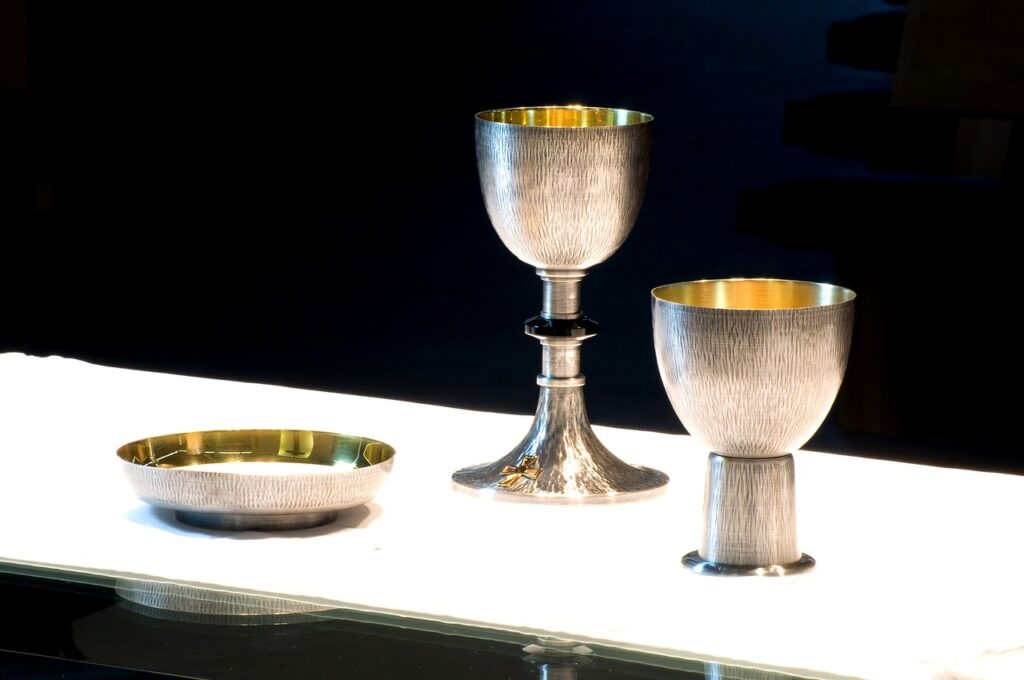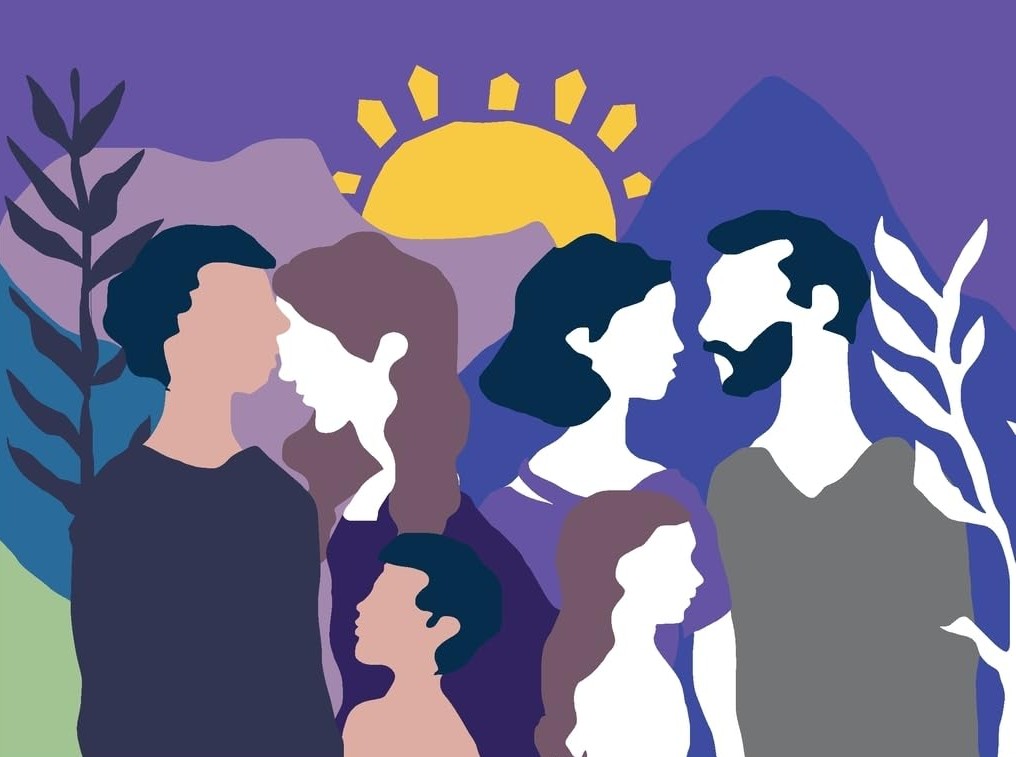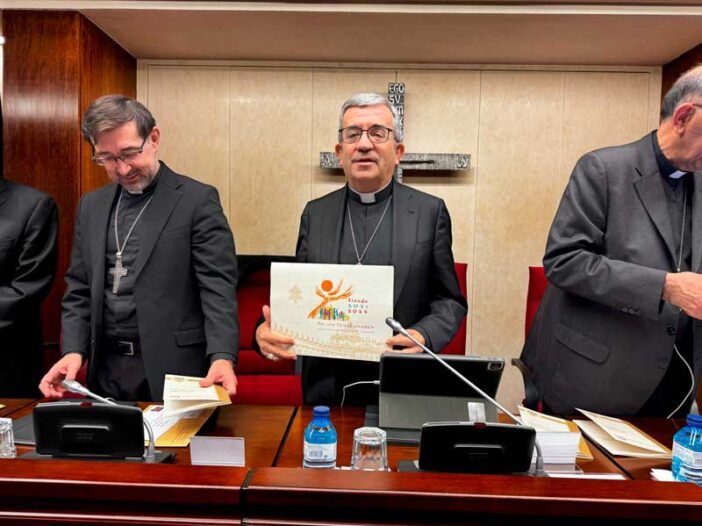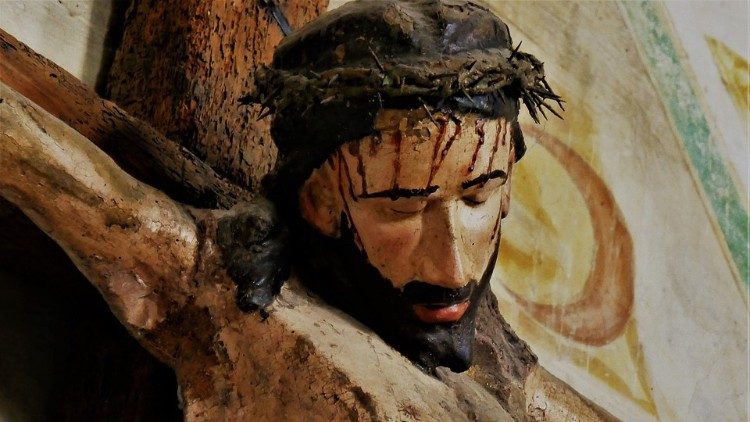Reflection by Bishop Enrique Díaz: “The Lord is our strength”
IX Ordinary Sunday

Mons. Enrique Díaz Díaz shares with Exaudi readers his reflection on the Gospel of this Sunday, June 2, 2024, titled: “The Lord is our strength.”
***
Deuteronomy 5, 12 – 15: “Remember that you were a slave in Egypt”
Psalm 80: “The Lord is our strength”
II Corinthians 4, 6 – 11: “The life of Jesus is manifested in our mortal flesh”
Saint Mark 2, 23 – 3, 6: “The Son of Man is also the owner of the Sabbath”
How beautiful it is to contemplate Christ free from laws and prejudices, and at the same time liberating from slavery and diseases! It is true, we need laws that protect the interests of the weakest, customs that preserve the beautiful traditions of our people, festivals and events that remind us of important moments of the Church, the country, and the community. But not chains that enslave and forget people, their dignity and their rights. We often find that Jesus adopts a critical stance towards Jewish laws and institutions and does not miss an opportunity to relativize his value towards the authorities and religious leaders. When the law becomes a chain, it loses its meaning and denigrates the person.
In how many practices have we left without looking at their true content? Jesus questions the men of his time because they have made the laws a heavy burden for all the people. The Sabbath, with a precious meaning in the relationship with God and with a profound social content in search of justice for the poorest, now becomes a burden that is not even related to God and that distorts the care of the brothers. It is enough to read carefully the first reading of this day when the people are reminded that they were slaves and that Saturday is precisely to manifest their freedom and the freedom of their brothers. The Jewish people have lost their meaning, they continue to comply with a law that becomes a burden and that does not manifest the true sense of freedom, dignity of the person and time dedicated with special reverence to encountering God.
With the Resurrection of Christ, the first Christians left Saturday as a sacred time and adopted Sunday as the Lord’s Day, yes for personal rest, but above all for the encounter with our God and creator. Faced with the serious accusations that Jesus makes, we will have to question whether we too have lost the meaning of the day of rest. Supposedly, we rest on Sundays that should be dedicated to God in a special way and that we would have the opportunity to meet with families and the community, but we have made Sunday a day of debauchery and carelessness that does not strengthen our spirit.
The Jewish Sabbath forgets the most important thing, which is love, which is above any religious practice. Our Sunday forgets the relationship with God and the commitment to our brothers. It has lost its sense of sanctification and true rest. Jesus’ harsh words seek to focus his opponents on what is transcendental: a humanism that liberates, saves and unifies. The Sabbath is made for man and not the opposite. But behind this sentence we have many other realities that are made for man, and it seems that man ends up being a slave to them. Money, sports, goods, wine, drugs… everything would have its uses as long as they were used in their true sense. But we have gone astray and ended up being slaves and enslaving people. It would be very convenient for us this day to review those things or tasks that should make man grow and end up suffocating him: laws, taxes, jobs, relationships, entertainment… and many other things that are made for man and that seem to They end up holding and oppressing him. What would we respond to Jesus when he tells us that the Sabbath is made for man, that things are made for man and not man for things?
In the second part of the gospel, we find one of those occasions in which Jesus has to seriously question whether the laws and ceremonies that his people make lead him to a true relationship with God. He puts a man in the middle of the synagogue. A crippled man that means the man tied up, chained and subject to so many ties that do not allow him to reach God. But by putting Jesus in the middle, He also places Himself, since it is Him who the Pharisees truly want to judge. A man in the middle is a sign of Christ who places himself as a means and as a bridge to reach God the Father.
The question touches the bottom of every relationship: Are the rituals and laws leading to God? The sign is the Sabbath, a sacred institution for the Israelites. The key is given by Jesus himself: if a law, a ritual or an institution gives life to man, we will have to take care of it; If it goes against the life of man, we must question it. It is rarely said of Jesus that he is filled with anger and sadness. Well today he does it when he finds that man is despised. We must ask ourselves the same question today and review if what we are doing in the family, at work, in education, is giving life to the person or is only being used. What place do children occupy in a family? Are they treated and respected as people? And at school? And at work? And in business? We will have to recognize that many times the person is used for selfish interests. Today, Jesus questions us and makes us reflect: Are we giving life with our attitudes and ideas?
Good Father, who cares for and protects humanity, grant us to discover what truly gives us freedom and brings us closer to your presence. Amen.
Related

“The priest finds his reason for being in the Eucharist”
Fundación CARF
01 April, 2025
5 min

Family Valued: An international appeal for the family
Exaudi Staff
01 April, 2025
2 min

Bishop Luis Argüello Addresses the Challenges of the Church in Spain
Exaudi Staff
01 April, 2025
2 min

THE WAY OF THE CROSS: Accompanying Jesus on the way to the Cross
Luis Herrera Campo
31 March, 2025
5 min
 (EN)
(EN)
 (ES)
(ES)
 (IT)
(IT)

